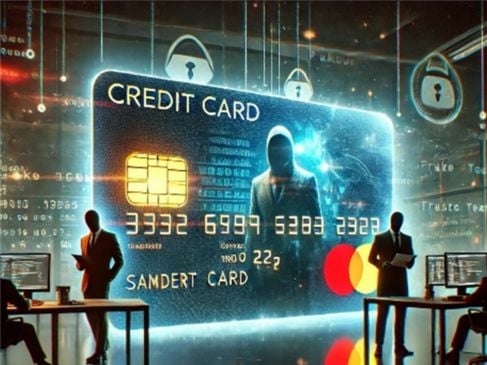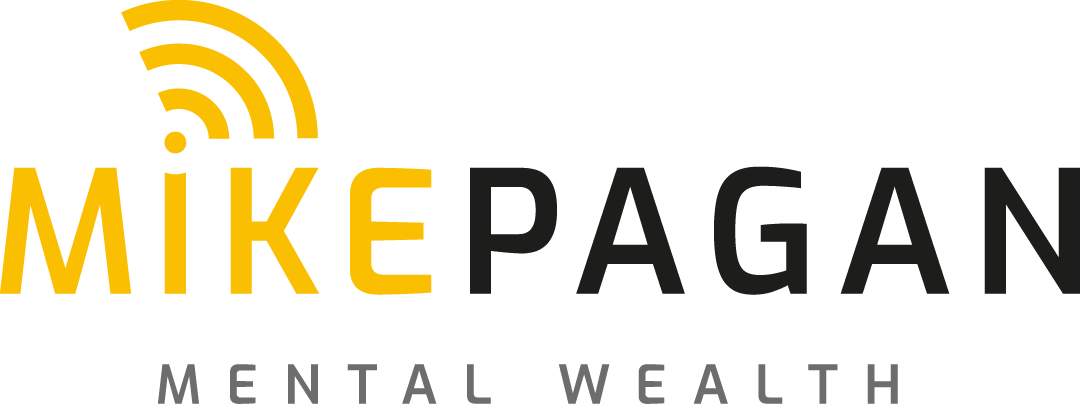
Scammed – And I’m Supposed to Know Better – Yes, I got scammed!
 Scammed – And I’m Supposed to Know Better – Yes, I got scammed.
Scammed – And I’m Supposed to Know Better – Yes, I got scammed.
I pride myself on having a good head on my shoulders. I’m not gullible, I’m not careless, and yet here I am, holding my hands up and saying: I got scammed. And not by some amateurish email promising a Nigerian inheritance, either. This was slick, sophisticated, and honestly, pretty impressive.
I wanted to share this because it’s easy to assume these things only happen to people who “should’ve known better.” But here’s the kicker: sometimes, we do know better, and we still get caught out. Scammers aren’t amateurs anymore—they’re professionals, playing psychological chess while we’re busy trying to make dinner or get through our emails.
Here’s the story, and more importantly, here’s what we can all learn from it.
The Call That Set It All Off
It started with a phone call from “my credit card company.” They said they’d spotted a couple of unusual transactions on my account and wanted to check in. Alarm bells? A tiny bit, but I figured I’d play it safe. I told them I’d ring them back. That’s when they pulled out the masterstroke: “Sure, we can do that. But to prove we’re the real deal, we’ll send you a one-time password (OTP) directly from your bank. When it comes through that will confirm we’re genuine.”
And, lo and behold, an OTP did appear, straight from my credit card provider, into my messages where previous OTP had been received, clearly OK? So I handed it over. Why wouldn’t I? It looked legitimate—because technically, it was. What I didn’t realise was that at that very moment, these scammers were making a LARGE transaction online and using my OTP to authorise it.
The call ended with assurances that my card would be cancelled, and a new one would arrive within a few days. I felt safe. Problem solved, right? Wrong.
The Twist
Five days later, another call came—this time from my actual credit card provider. They wanted to talk about suspicious transactions, and that’s when the penny dropped. I was very suspicious so I rang them back directly (finally clocking the golden rule I’d temporarily abandoned), and guess what? They hadn’t called me the week before. My card hadn’t been cancelled. It was all a scam.
These fraudsters weren’t just brazen; they were breathtakingly bold. They called me, while actively scamming me, and used the OTP system to get around any doubts I might have had. That’s some next-level cunning, and it worked. Not old, senile or vulnerable just scammed!
For the record – fortunately, I did get all my money back
Lessons Learned the Hard Way
So what’s the point of sharing this? It’s not to make you paranoid or beat myself up for missing the warning signs. It’s to remind us all that even the sharpest (?) and normally security-conscious of us can get caught out. Scammers are upping their game, and the only way to fight back is to stay one step ahead. Here’s how:
1. OTP = Sacred Ground
Your one-time password is yours and yours alone. No legitimate company will ever ask you to share it. Think of it like the keys to your front door. Would you hand them over to a stranger on your doorstep? No? Then don’t do it with an OTP.
2. Verify, Verify, Verify
If someone calls claiming to be your bank, credit card company, or the local fishmonger, don’t engage on the spot. Thank them, hang up, and call the official number on the back of your card. Yes, it’s a faff, but it’s worth it for peace of mind.
3. Slow Down the Hustle
Scammers thrive on urgency. “Act now, or your account will be frozen!” “Confirm this immediately, or the world will end!” All designed to pressure you into acting without thinking. Take a deep breath, slow the process down, and trust your gut.
4. Be Your Own Auditor
Make a habit of scanning through your transactions regularly. It’s tedious but effective, small amounts can slip in and you would never know. The sooner you spot something dodgy, the easier it is to nip it in the bud.
5. Layer Up Your Defences
Check with your bank about extra security options—fraud alerts, transaction limits, and two-factor authentication. Anything that makes life harder for scammers is a win.
It Can Happen to Anyone
There is no benefit in beating ourselves up when it happens. Instead, share our stories, learn from them, and stay vigilant – these scammers are just ridiculously clever.
Now, if you’ll excuse me, I’m off to triple-check my transactions…
Further Support
It’s unsettling how even the most vigilant among us can fall prey to increasingly sophisticated scams. To bolster your defences and stay informed, consider these reputable UK resources:
1. Action Fraud
As the UK’s national reporting centre for fraud and cybercrime, Action Fraud offers comprehensive advice on recognising and reporting scams. If you’ve been targeted or have concerns, you can report incidents online or by calling their helpline. https://www.actionfraud.police.uk/
2. Take Five to Stop Fraud
This national campaign provides straightforward, impartial advice to help individuals and businesses protect themselves against financial fraud. It encourages everyone to pause and consider before responding to financial requests or sharing personal information. https://www.takefive-stopfraud.org.uk/
3. Citizens Advice
Offering guidance on identifying and avoiding scams, Citizens Advice can assist if you’ve been scammed or suspect a scam. Their consumer helpline provides personalised support and can direct you to local resources. https://www.citizensadvice.org.uk/consumer/scams/get-help-with-online-scams/
These organisations are dedicated to educating the public and providing support to those affected by fraud. Staying informed and cautious is crucial in protecting yourself and others from these ever-evolving threats.
Mike is a Keynote speaker, coach, author of four books and a non-executive director that is a little different; his approach is not standard – he can be blunt, direct, honest and open where necessary. He is an expert in helping clients achieve positive Mental Wealth through building handpicked support networks and helping them unlock significant performance improvements.
His company provides inspirational and challenging coaches and world-class facilitators for peer support and mastermind groups and masterclasses. Mike’s niches include business professionals and elite sports people in transition; working alone and in isolation will sabotage performance and desire. We all need the right Mental Wealth Team to help us succeed.
Visit my LinkedIn Page – Click Here
Showreels are available – Click Here

